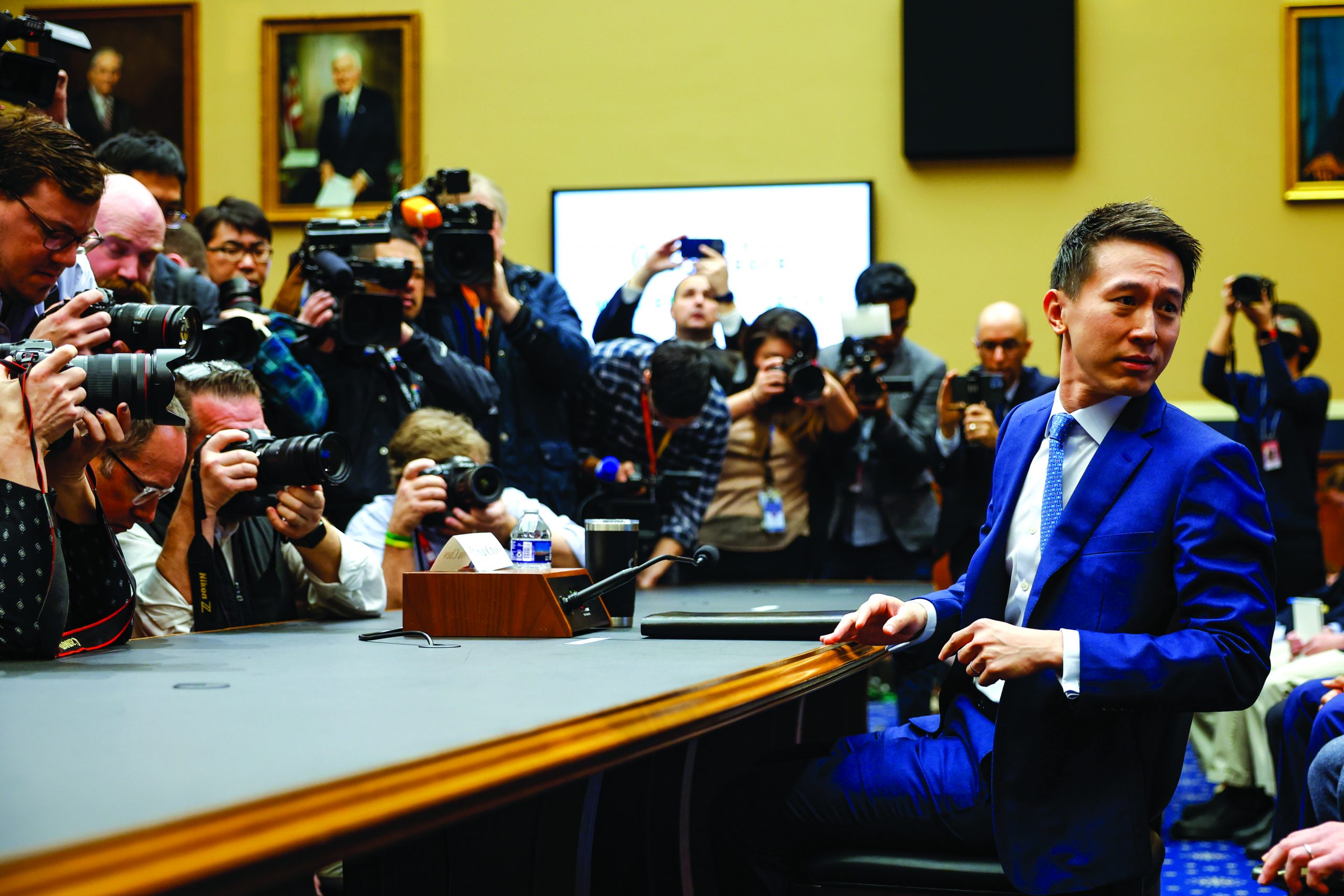Two Competing Economic Theories: Hayek vs. Keynes
Two of the 20th century’s most prominent economists, John Maynard Keynes and Friedrich August von Hayek, offered sharply contrasting views of the Great Depression. Their arguments of the 1930s seem acutely relevant today during another global financial crisis.
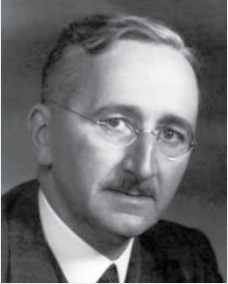
Hayek argued that the Keynesian proposal to reduce unemployment through government spending would require the central bank to expand the money supply and thus cause inflation.
If socialists understood economics, they wouldn’t be socialist.
[Socialistic] economic planning, regulation, and intervention pave the way to totalitarianism by building a power structure that will inevitably be seized by the most power-hungry and unscrupulous.
“Emergencies” have always been the pretext on which the safeguards of individual liberty have been eroded.
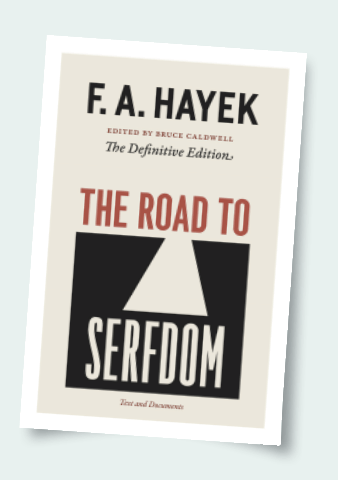
— Friedrich August von Hayek, Nobel Prize-winning Austrian-British economist, philosopher and advocate of classical liberalism. Hayek was the de facto leader of the Austrian School of Economics—the concept that social phenomena result exclusively from the motivations and actions of individuals. He’s best known for his 1944 treatise on market libertarianism, The Road toSerfdom.
However, Keynes believed the level of employment is determined by aggregate demand in the economy and not by the price of labor. Thus, government spending could increase demand and thereby reduce unemployment.
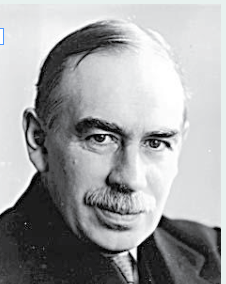
The difficulty lies, not in the new ideas, but in escaping from the old ones. Capitalism is the extraordinary belief that the nastiest of men, for the nastiest of reasons, will somehow work for the benefit of us all.
The political problem of mankind is to combine three things: economic efficiency, social justice and individual liberty.
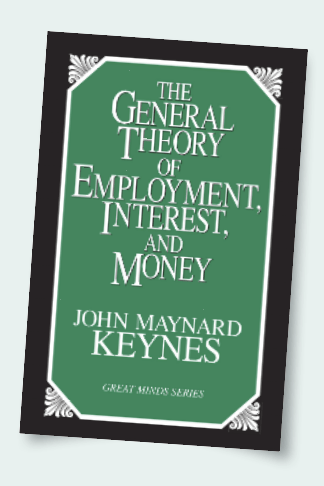
— John Maynard Keynes, widely considered the founder of modern macroeconomics and father of the Keynesian school and its 1936 treatise. British-born Keynes advocated using fiscal and monetary policies to mitigate the adverse effects of economic recessions and depressions. He challenged the tenet of neoclassical economics that capitalism would bring full employment. He detailed his ideas in his 1936 magnum opus,The General Theory of Employment, Interest and Money.















